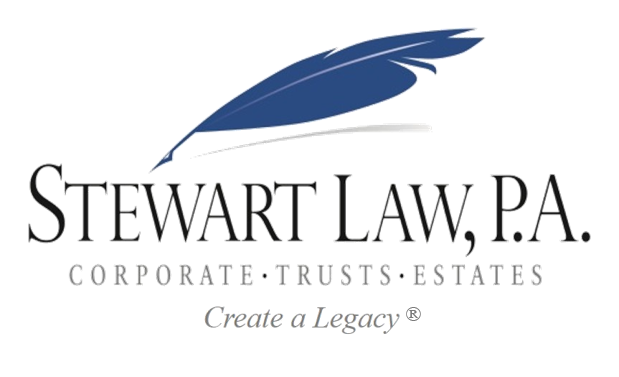Kiawah Island Takeaways

Two of our attorneys attended the 44th Annual Estate Planning and Fiduciary Law meeting at Kiawah Island, South Carolina in July.
Here are 3 takeaways to consider in your own estate planning:
Living Probate.
We almost universally hear from our clients who are parents how important it is to them that their children “get along well” after their deaths. There’s no question that putting wealth on the table can jeopardize this. If you think this may present a special concern in your family, then know that there are some solid legal solutions. “Living probate” is a procedure where a court determines the validity of your Will before you die, not after. Thus, any disputes are known by you and can be addressed by you. In North Carolina this procedure is now available for both Wills and Revocable Trusts.
Income Tax Minimization in Trusts.
There are tradeoffs in the ways that Trusts can be used to minimize estate taxes while in some cases increasing income taxes for beneficiaries. Especially while the estate tax exemption is high, so that estate taxes are less of a concern in many cases, it’s important to know that there are features that can potentially be added to some older trusts that will reduce the income tax burden on those who will next benefit from the Trust. Example: when your father died, he set up a Trust for your mother who is still alive and receiving income from it. Consider in this case whether the Trust could be better positioned for income tax minimization for the next generation.
Federal reporting for closely-held entities.
The Corporate Transparency Act passed in 2021 will require most small business entities, such as corporations and LLCs, to report their beneficial owners to U.S. Treasury’s Financial Crimes Enforcement Network (FinCEN). Generally, unless the company is a bank or insurance company or employs more than 20 full-time employees, then it will have to report all of its beneficial owners to FinCEN. “Beneficial owners” in this case means individual persons, not entities. Existing entities will have a year from January 1, 2024 to report. New companies formed after January 1, 2024 will need to file the report within 30 days of formation. We’ll be communicating more with our clients in the coming months on this topic and best practices to comply with the rule.
If you wish to discuss your Estate Plan, whether for updates or creating a new one, please contact Stewart Law and ask to speak with one of our attorneys.
About the Author

Todd A. Stewart, CPA, JD
Managing Partner
